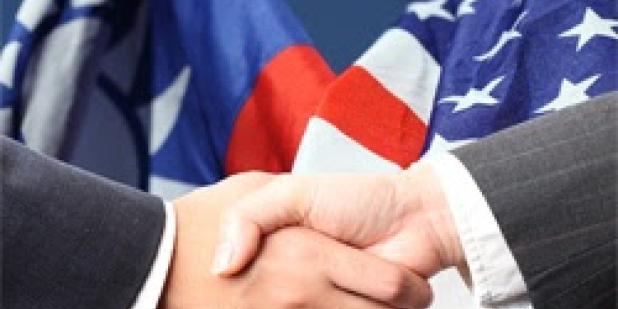Happy Lunar New Year from the USC US-China Institute!
Taiwan-US International Engagement: The Global Cooperation Training Framework and Beyond
The Elliot School of International Affairs hosts a roundtable on the Taiwan-US Global Cooperation Training Framework.
Where

On June 1, 2015 the U.S. and Taiwan launched the U.S.-Taiwan Global Cooperation and Training Framework Agreement. The Framework will not only support broader U.S.-Taiwan cooperation, but will also give the two countries a strong platform to enhance joint engagement in the Asia Pacific region and the world. The Framework is a milestone that will bring into full focus Taiwan's dramatic transformation from an international aid recipient to an aid provider, and provide a venue for both the U.S. and Taiwan to contribute to the development of other countries in the Asia-Pacific and around the world.
With opening remarks by Dr. Lyushun Shen, Representative, Taipei Economic and Cultural Representative Office in the United States.
Keynote Remarks:
Bruce Linghu, Deputy Foreign Minister, Republic of China (Taiwan)
Kurt Tong, Principal Deputy Assistant Secretary, Bureau of Economic and Business Affairs, U.S. Department of State
Discussion:
Vincent Wang , Associate Dean of Arts and Sciences, Professor of Political Science, University of Richmond
Randall Schriver (invited), President and CEO, Project 2049 Institute
Moderated by: Deepa Ollapally, Research Professor of International Affairs and Associate Director of the Sigur Center for Asian Studies at the Elliott School, GW.
Featured Articles
We note the passing of many prominent individuals who played some role in U.S.-China affairs, whether in politics, economics or in helping people in one place understand the other.
Events
Ying Zhu looks at new developments for Chinese and global streaming services.
David Zweig examines China's talent recruitment efforts, particularly towards those scientists and engineers who left China for further study. U.S. universities, labs and companies have long brought in talent from China. Are such people still welcome?






